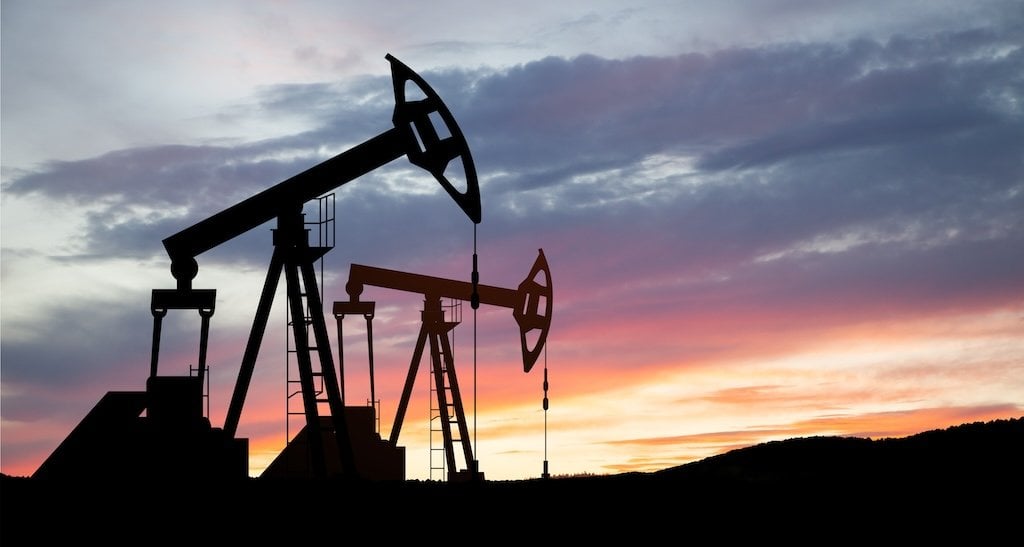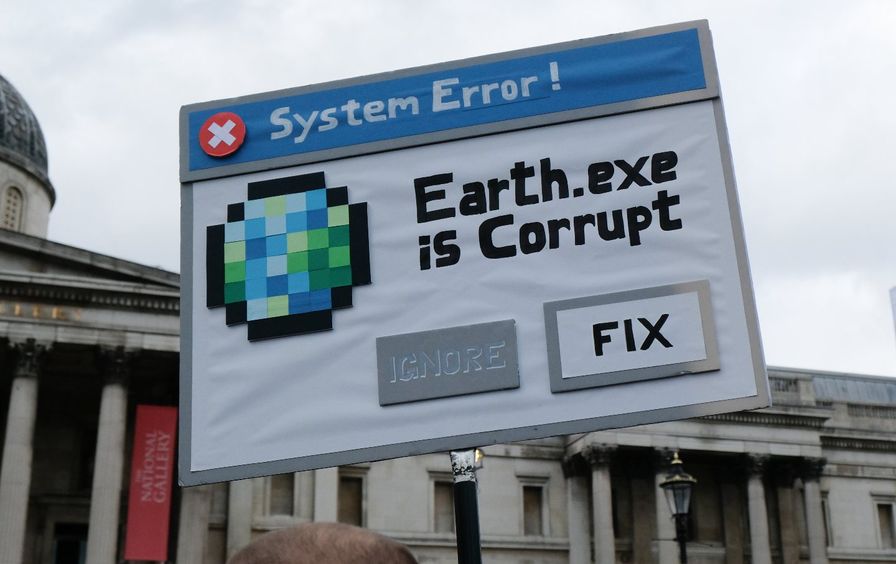Putin’s evil invasion of Ukraine is a pivot point, around which much is shifting. The world is spinning differently on its axis, and we don’t know what comes next. The suffering of the Ukrainian people increases by the day, with increasing evidence that Putin is willing to pulverize the country if that’s what it takes to declare it his. The deliberate attack on a giant nuclear plant–unimaginable in the modern world until now–underscores his recklessness and heedlessness.
Meanwhile, changes are cascading across systems and societies, as people everywhere react to the barbarity of Putin’s assault. Many of these shifts are scary, but some are awe-inspiring and even encouraging, though the tragedy for an entire nation that precipitates them must never be far from our mind and conscience.

One amazing development: for the first time in at least six years, American congresspeople of both major parties almost unanimously rose and applauded the President. This breakthrough unanimity, when President Biden spoke about America’s resolve to stand with Ukraine, is an accomplishment Putin could hardly have hoped for. In fact he has done everything he could to exacerbate our divisions, systematically stoking political and social animosity to create domestic chaos, weaken our democracy, and sway elections. (We know from congressional hearings, for one proven example, that in 2017 Russia weaponized Facebook by organizing both sides of an antagonistic confrontation between demonstrators in Texas.)
Another unintended outcome for Putin which goes directly counter to what he seeks is the unanimity that has arisen among European nations. Every single one of the 27 members of the EU agreed to impose unprecedentedly strong sanctions against Russia. (Major foreign policy decisions in the EU require all members to agree.) On so much else lately, the bloc has been split. Notoriously neutral Switzerland, not a member of the EU, also agreed to go all in on financial sanctions. And Germany made a historic decision to raise military spending.
Putin seems not to understand the power of a globally-interconnected world, and how images and facts can flow across it. Perhaps it’s not surprising–he is practiced at suppressing information flow to his own people. The biggest reason such broad global condemnation rose overnight is that everyone everywhere can almost instantly witness Putin’s brutality on video. And the charismatic Ukrainian President Zelensky–in contrast to Putin–brilliantly understands and uses the power of video and social media.

I was already writing this column when a powerful piece with a similar theme appeared in The Washington Post: In One Week of War, Russia’s Invasion of Ukraine May Have Veered History In a New Direction. Author Marc Fisher reviews the scope and gravity of the shifts happening, especially in Europe. “German Chancellor Olaf Scholz,” he writes, “in office for less than three months, said the West is now living through a ‘Zeitenwende,’ meaning a turn in the times, a new era.”
Fisher also notes that when half a million demonstrators filled the streets of Berlin last weekend, some held signs saying “I’m ready to freeze for peace.” It underscores the seriousness of Europe’s anti-Putin shift. Amazingly, a full third of Europe’s natural gas comes from Russia through pipelines in Ukraine, and it’s still flowing.
The world faces a fundamentally different global energy equation now, since Russia produces about 10% of the world’s fossil fuels. Oil prices this week rose as high as $116. (They were $66 in early December.) The consequences of this, and of Russia’s isolation, will be myriad.
We will need energy triage to ensure people don’t in fact freeze in Europe and can afford gasoline around the world. But we also must view this aspect of the crisis as an opportunity–to redouble our commitment to sustainable energy. Techonomy speaker and renowned climate activist Bill McKibben writes, “It is a war underwritten by oil and gas, a war whose most crucial weapon may be oil and gas, a war we can’t fully engage because we remain dependent on oil and gas.” We need to build up wind, solar, geothermal, and safe nuclear alternatives. Since the invasion began, Germany has already announced it will speed up its national transition to renewable energy. “In the medium and long term, we are going to significantly reduce the consumption of fossil fuels,” said Economy Minister Robert Habeck (another member of the Green party). Some commentators have even suggested that one reason Putin attacked Europe’s largest nuclear power facility is to undermine confidence in nuclear in order to help preserve markets for the only real resource Russia has—oil and gas.
At Techonomy we’re immersed in organizing our Silicon Valley climate conference for late March. We had a call this week with speaker Bill Gross, the serial climate entrepreneur. He’s CEO of Heliogen, which concentrates solar energy to produce super-hot water for energy-intensive industries, as well as chairman of Energy Vault, which has a shockingly simple way to store energy for periods of high demand—it lifts giant heavy blocks of cement and dirt into the air until power is needed, when they are lowered to produce energy. “My whole role is to lower peoples’ energy prices,” Gross told us in the prep call. “But there is a $9 trillion energy industry whose business is to convince people that the status quo is OK. They’re booming right now. But with oil prices at $110 a barrel, all of a sudden, we just became more competitive. So I don’t root for it, but it does provide a tailwind for alternative energy.”
Brace yourself for other global changes for which there is no silver lining–for example in food prices. Russia is the world’s biggest producer of wheat, and combined with Ukraine–both of whose harvests may remain unavailable to much of the world for the time being–usually accounts for 30% of global exports. Ukraine, meanwhile, accounts for 16% of global exports of corn. Standard & Poor’s reports “Ukraine is among the world’s top 10 exporters for 24 foodstuffs including seed oils, barley, wheat, pork, poultry, and butter.” Futures prices for both wheat and corn have jumped to their highest level in almost a decade. That will cause stress worldwide, but especially in poorer countries still recovering from the pandemic and the associated recession.
It’s a pivot point in history. Some of the consequences are not horrible. But they are a reaction to what may be the worst horrors the world has seen since World War II.
















